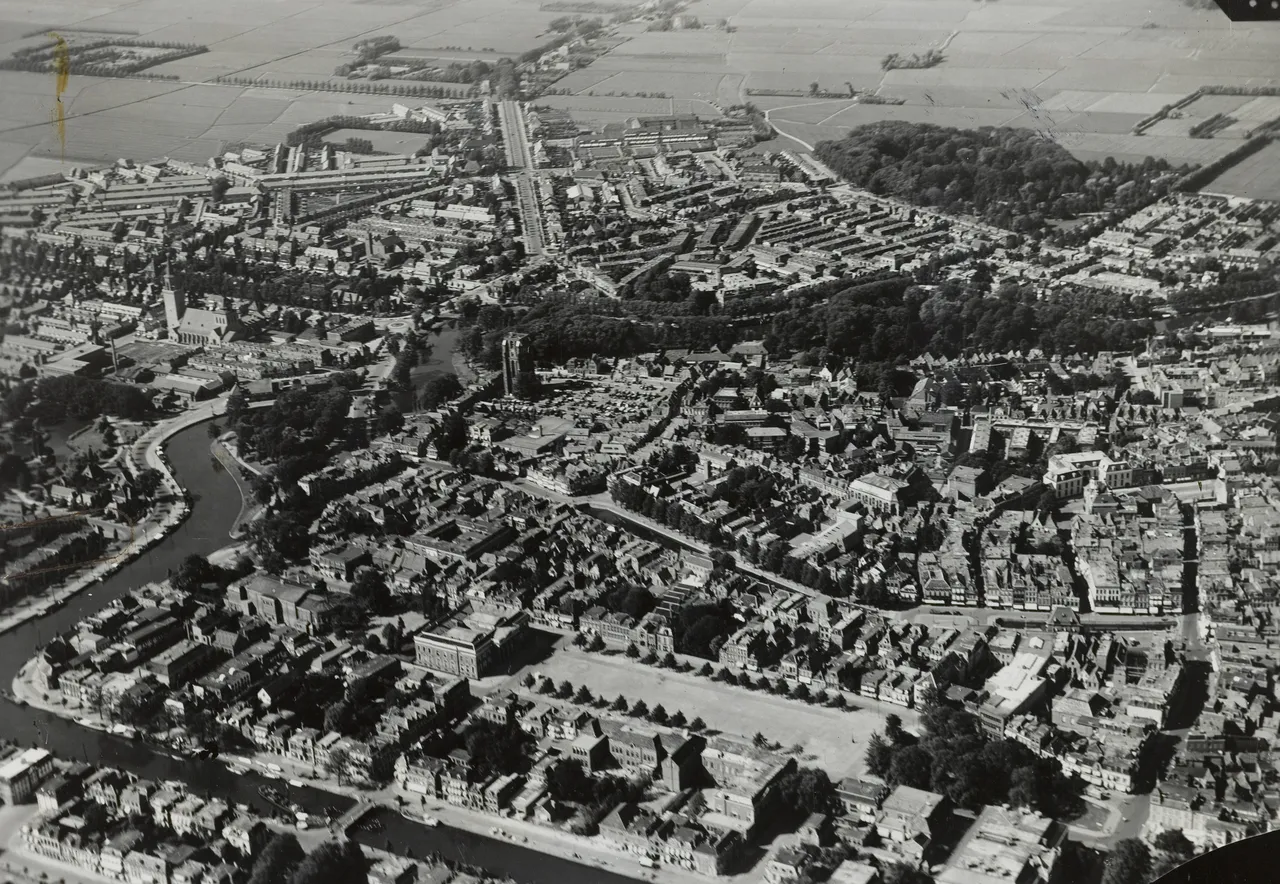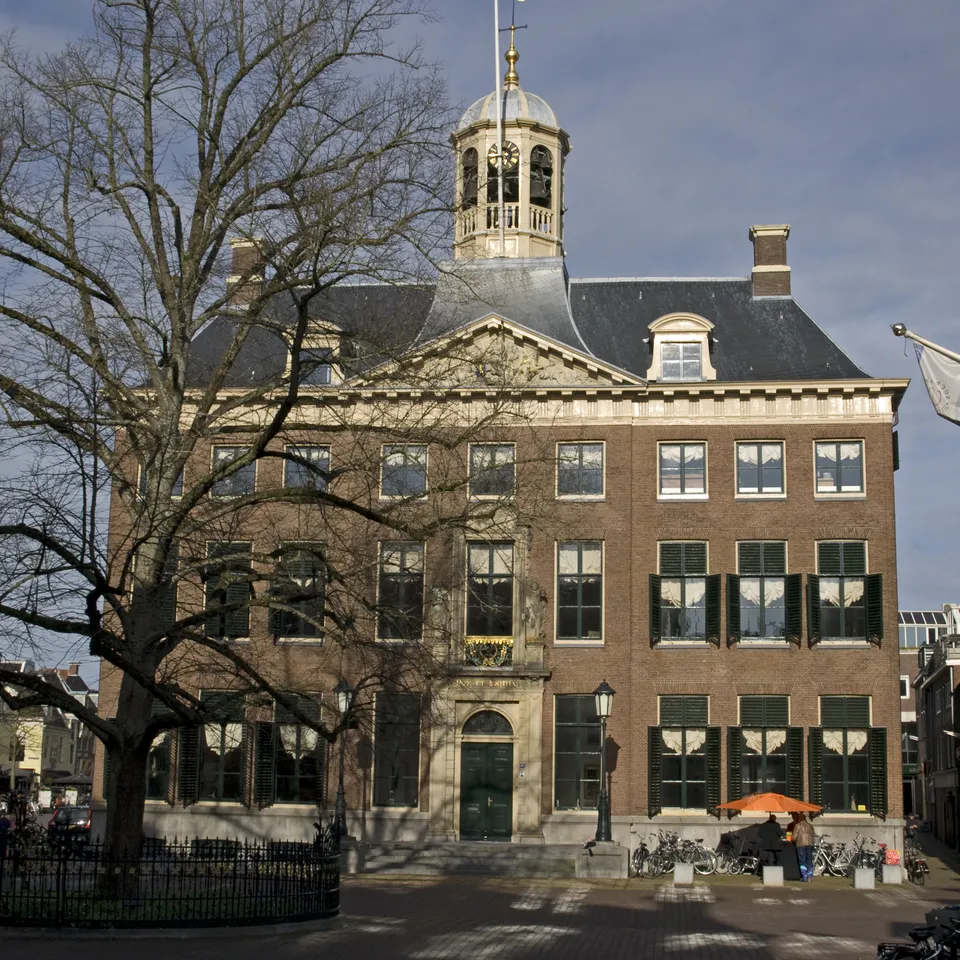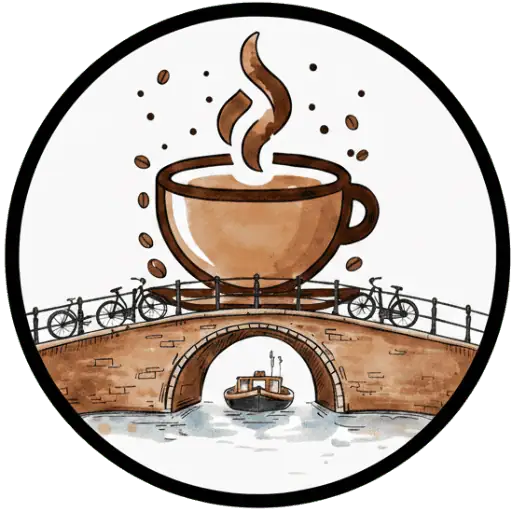
Friesland breathes coffee, from old village kitchens to modern micro‑roasters. Douwe Egberts started in Joure, and today numerous roasters, sustainable initiatives and coffee traditions thrive. Filter, cappuccino and Dokkumer Kofje bring people together at markets, tables and championships, where warm conversations always keep flowing.
Roasters in Fryslân
No roasters have been found yet.
Cities in Fryslân

Leeuwarden
Leeuwarden has been drinking coffee since 1687, moving from Douwe Egberts to trendy barista bars. Hotel Post Plaza roasts its own blends, while Brandsma Koffie marks its anniversary. Fairtrade initiatives, latte art competitions and circular projects weave together tradition, innovation and community for locals and visitors alike.
More about Fryslân
Coffee in Fryslân: a rich blend of tradition and innovation
Friesland breathes coffee. From old village kitchens to trendy city bars, the fragrant brew connects people and stories. This short tour shows how history, flavor and sustainability converge in the Frisian coffee sector.
Historical roots
In 1753 Egbert Douwes opened his shop De Witte Os in Joure. Coffee was then a luxury reserved for wealthy merchants. Throughout the nineteenth century the price fell, and filter coffee made its way into every farmhouse and city living room.
That early step gave rise to Douwe Egberts, today a global brand with deep Frisian roots. Every pack still carries the Joure imprint, and many households faithfully pour their 'bakje DE' at breakfast.
Coffee and regional treats
Coffee here rarely goes without something sweet. Oranjekoek, dúmkes and suikerbrood have graced tables and counters since the eighteenth century. The saying 'foar de kofje net eamelje' shows how much weight coffee carries in the daily rhythm.
Modern roasters and innovation
Alongside the big players, new challengers continue to emerge. Traditional craftsmanship mixes with fresh ideas, keeping the Frisian lineup vibrant.
- Douwe Egberts: started in 1753, now delivers worldwide, but still roasts in Joure.
- Brandsma Koffie: since 1893 in Bolsward, fourth generation, blend Ús Kofje reflects local taste.
- Post-Plaza Leeuwarden: hotel with its own small roaster, claims to be the only European hotel to roast daily in-house.
- Op Kop Koffiebranders: micro-roastery in Joure, small batches, completely gas‑free and CO₂‑neutral.
- Brandsma Koffie: since 1893 in Bolsward, fourth generation, blend Ús Kofje reflects local taste.
- Post-Plaza Leeuwarden: hotel with its own small roaster, claims to be the only European hotel to roast daily in-house.
- Op Kop Koffiebranders: micro-roastery in Joure, small batches, completely gas‑free and CO₂‑neutral.
In 2023, parent company JDE Peet’s invested five million euros in a pilot plant in Joure. The lab tests new production methods and confirms the city as a cradle of coffee innovation.
Events and social role
Coffee brings Frisians together at trade fairs, markets and village squares. A cup warms hands and conversations alike, whether it's about business or friendly chat.
Competitions and meet-ups
During the Northern Netherlands Barista Championships, talents compete for the best espresso or latte art. Monthly Coffee Mornings in Leeuwarden give expats and locals an accessible place to connect.
Mobile coffee bars
Vintage vans from KoffieLokaal or El Cafetín pop up at Sneekweek, street fairs and corporate events. With an espresso machine on board, quality coffee travels to every village, even those without a café.
Coffee‑table tradition
At weddings, funerals and christenings, a long coffee table is often set up. Guests take a seat, receive coffee with oranjekoek or almond bread and share stories. The atmosphere is warm, the drink sometimes fortified with Beerenburg for extra comfort.
Consumer Trends
Dutch people drink 33.5 million cups of coffee per day, averaging 3.8 cups per person. Friesland follows that pattern: coffee is almost always ready, only tap water is ordered more often.
Preferences and new flavours
Filter coffee remains a favourite; over 45 percent drink it black. Yet cappuccino is gaining ground and younger people are experimenting with flat whites, cold brew and alternative milks. The local classic Dokkumer Kofje combines Beerenburg, coffee and whipped cream for a warming kick.
Convenience versus tradition
Senseo pads and Nespresso capsules offer speed, but many families still brew a full pot for visitors. After all, cake calls for a second round, which demands a robust filter or whole‑bean coffee.
Young people and specialty
More and more Frisian students are investing in an Aeropress or hand grinder. They look for origin information, check the roast date and are willing to pay more for single‑origin Ethiopia or Colombia. As a result, the range in city cafés and webshops is expanding rapidly.
Sustainability in the Frisian coffee chain
Friesland became the first Fairtrade Province of the Netherlands in 2016. Today, twelve municipalities verifiably serve fair coffee in schools, town halls and sports canteens.
Circular energy in Joure
Since 1967, the Douwe Egberts factory has burned spent coffee grounds to generate steam. A modernised boiler from 2013 now supplies almost all the energy required, saving tonnes of CO₂ each year.
Green micro‑roasters
Op Kop roasts electrically, uses recyclable packaging and ships CO₂‑neutral. Such choices show that quality and planet go hand in hand, something more and more Frisian coffee drinkers appreciate.
Community initiatives
During the annual Fairtrade Week, Fairtrade working groups organise tastings and workshops. Volunteers let visitors test the difference in flavour and explain the journey from bean to cup. Students design reusable cups, farmers cultivate oyster mushrooms on collected coffee grounds.
Closing thought
Whether it is a hearty ‘cup of comfort’ on the farm or a delicate single‑origin in the city, coffee remains the beating heart of Fryslân. With respect for tradition and an eye for innovation, the province keeps buzzing.
